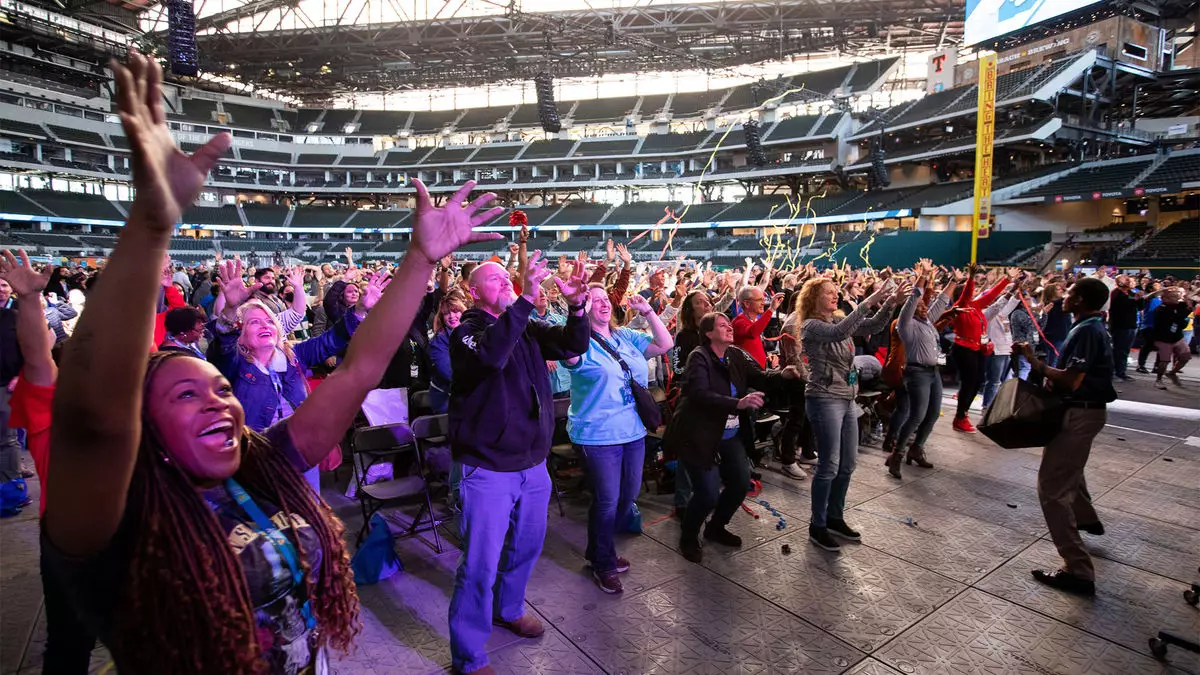In a decisive move aimed at addressing its financial challenges, Southwest Airlines has announced a freeze on corporate hiring, coupled with the cancellation of its annual corporate rallies. These events, which typically gather thousands of employees for a day filled with games, entertainment, and prize giveaways, were considered vital for employee morale. However, as CEO Bob Jordan emphasized in a communication to staff, “Every single dollar matters as we continue to fight to return to excellent financial performance.” This reflects a robust approach to fiscal management as the airline navigates complexities in a post-pandemic landscape.
Further underlining its commitment to cost-cutting, Southwest will pause most summer internship recruitment, although it has assured that any offers already extended will be honored. This decision may impact the flow of new talent into the organization, an area critical for fostering innovation and keeping the workforce dynamic. A limited intake could also hinder the airline’s ability to invigorate its corporate culture, especially after the disruptions caused by the pandemic and subsequent recovery phases.
Southwest’s recent management decisions come on the heels of a challenging five-month interaction with activist investment firm Elliott Investment Management. This conflict culminated in a revamped board of directors, igniting a series of strategic shifts aimed at revitalizing the airline’s operational framework. These initiatives not only focus on immediate financial performance but also on long-term strategic objectives, like the implementation of assigned seating and the introduction of extra-legroom seats. These upgrades are part of an ambitious plan that the airline outlined in late September, highlighting its intent to innovate while balancing costs.
Southwest Airlines’ financial strategy aims to produce a staggering $4 billion in incremental revenue and achieve a targeted 10% profit margin by the year 2027. This projection reflects both aggressive growth aspirations and a recognition of the challenges inherent in the competitive airline industry. The planned introduction of new products, expected in the first half of 2026, indicates a shift in focus toward enhancing customer experience while keeping operational efficiencies in check.
On January 9, Southwest revealed that its longstanding Chief Financial Officer, Tammy Romo, alongside Chief Administration Officer Linda Rutherford, will be leaving their positions on April 1. This leadership transition can create both opportunities and uncertainties within the organization as the company embarks on a search for Romo’s successor at a pivotal moment in its history. The loss of such key figures could prompt significant shifts in the airline’s financial and operational strategies, which will undoubtedly affect employee sentiment and stakeholder confidence.
Southwest Airlines, faced with the dual pressures of financial scrutiny and evolving market dynamics, is making crucial adjustments to ensure its resilience in the long term. While these steps may appear drastic, they are essential for navigating the complexities of a sector that is in continuous flux.


Leave a Reply